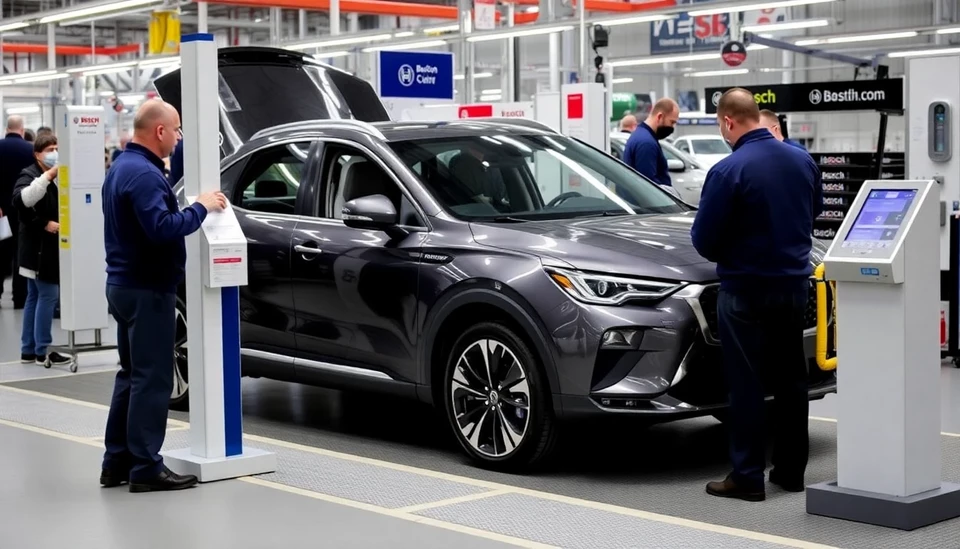
In a significant move reflecting the ongoing challenges in the automotive industry, Bosch has announced plans to eliminate approximately 5,500 jobs. This drastic decision comes as the global automotive market continues to grapple with decreased demand and an oversupply of parts. The restructuring is expected to impact various regions, ushering in a new phase in Bosch's operational strategy aimed at navigating the rough waters ahead.
The company has cited a combination of factors contributing to this difficult choice, including a notable slump in vehicle production and sales. With the shift in consumer preferences towards electric vehicles and the lingering effects of the pandemic on supply chains, Bosch is reevaluating its footprint in the auto sector. This job reduction represents nearly 5% of its global workforce in the automotive divisions, underscoring the magnitude of the operational realignment.
Bosch's restructuring plans are emblematic of broader trends within the automotive industry, with many companies attempting to streamline costs and improve efficiency in the face of declining revenues. As traditional automakers wrestle with adapting to new technologies and competitive pressures from electric vehicle startups, suppliers like Bosch are also feeling the pinch. The job cuts announced by Bosch are expected to unfold over the coming months, with specific details regarding affected positions and locations still pending.
The company's CEO stated in a recent press conference that the automotive market is “in a transition phase,” and while the move is regrettable, it is necessary for the continued health and growth of the company. Bosch aims to focus more on future technologies, particularly electric vehicle components and smart mobility solutions, which they view as critical areas for growth amid this industry upheaval.
Industry analysts are closely monitoring Bosch’s response to the crisis, viewing it as a bellwether for other companies in the sector. As more manufacturers announce similar cuts, the implications for the workforce—especially in regions heavily reliant on automotive jobs—could be profound, raising concerns about local economies and employment stability.
As the automotive sector braces for more shifts, Bosch is also investing in new skill development programs for existing employees, aiming to provide opportunities in more future-oriented roles. The path forward remains uncertain as the company, alongside the broader industry, seeks to redefine its strategy and adapt to the new automotive landscape.
In summary, Bosch’s decision to cut 5,500 jobs is a poignant indicator of the struggles facing the global automotive industry. The combination of shifting consumer demands, advancements in technology, and economic pressures illustrates a crucial turning point that could reshape the industry for years to come.
#Bosch #JobCuts #AutoIndustry #ElectricVehicles #AutomotiveRestructuring #IndustryTrends
Author: Samuel Brooks
